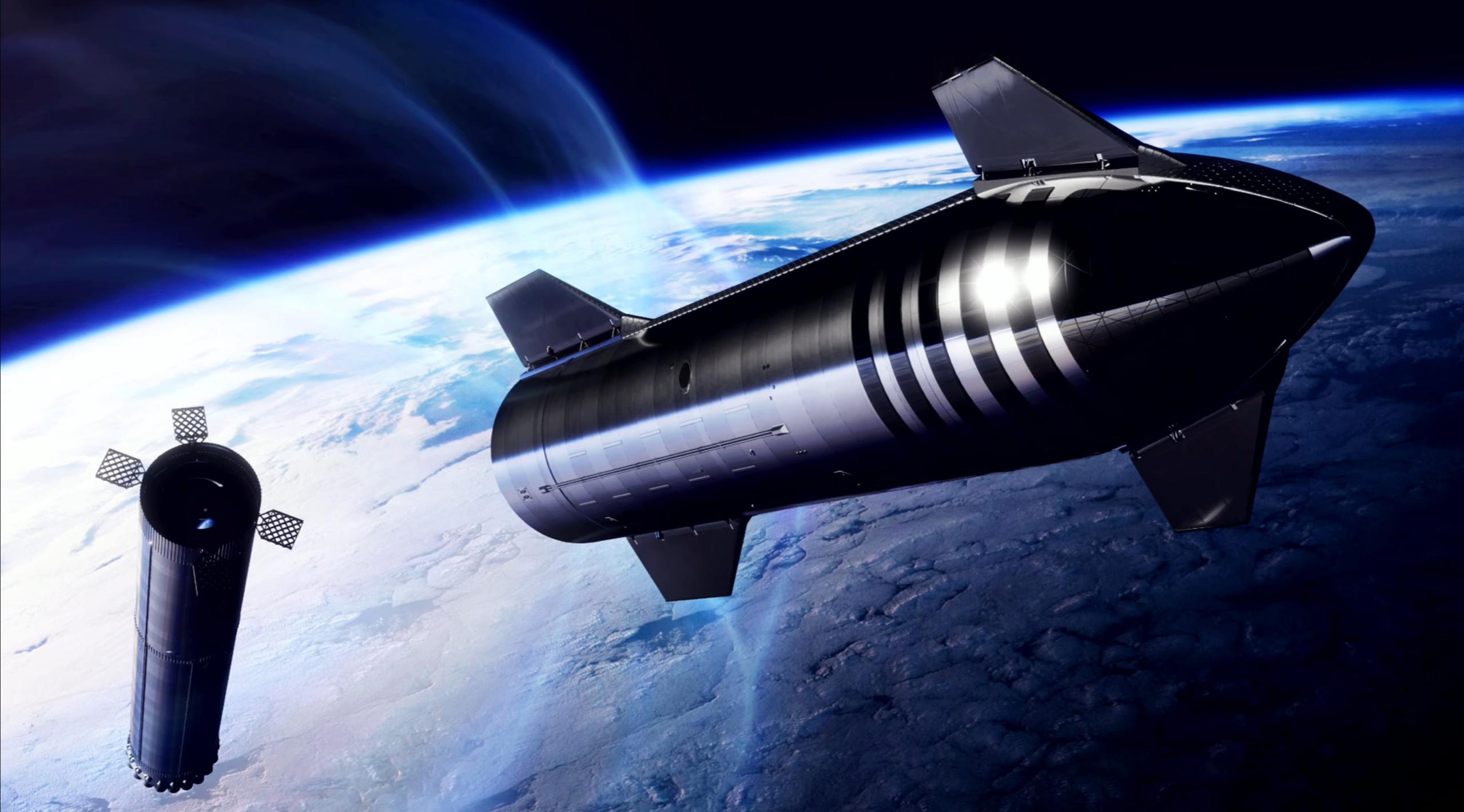NASA is cooperating with SpaceX's development of Starship through its Collaborations for Commercial Space Capabilities (CCSC) program. This enables collaboration without NASA funding by providing companies agency support and expertise. Under CCSC, NASA aims to aid Starship's commercialization for low Earth orbit.
A NASA document outlines possible 2024 timeframes for Starship's inaugural payload launch to orbit. This pertains only to LEO applications, not Artemis or lunar plans.
Reportedly, SpaceX intends Starship as a private space station operational in the early 2030s. Its approximately 1000 cubic meter capacity slightly exceeds the International Space Station's pressurized 950 cubic meters. These are approximate values given the vehicle's prototyping and potentially unfinished design.
Per NASA documents, 2028 is a key target for SpaceX to submit a Preliminary Design Review. This would transition Starship from design to construction pending agency approval.
Beyond size, Starship's adaptability aids its space station potential. Before its next test flight in September 2023, Starship is already slated for cargo, crew transport to orbit and beyond, and lunar roving. A space station represents another logical application. Starship's modularity, as demonstrated by NASA's Skylab station based on Saturn V rocket stages, enables repurposing for extended orbital missions.
This expanding scope highlights Starship's versatility and undisclosed iterations by SpaceX. Despite intense public scrutiny, private design changes likely exist. In fall 2023, NASA expects another report analyzing Starship's lunar variant, critical to Artemis.
In summary, NASA's collaboration provides SpaceX expert guidance on commercializing Starship for LEO as a space station. Capitalizing on its adaptable design, SpaceX plans current and future variants for diverse applications like Artemis. This cooperative development exemplifies public-private partnerships expanding humanity's space capabilities.


















